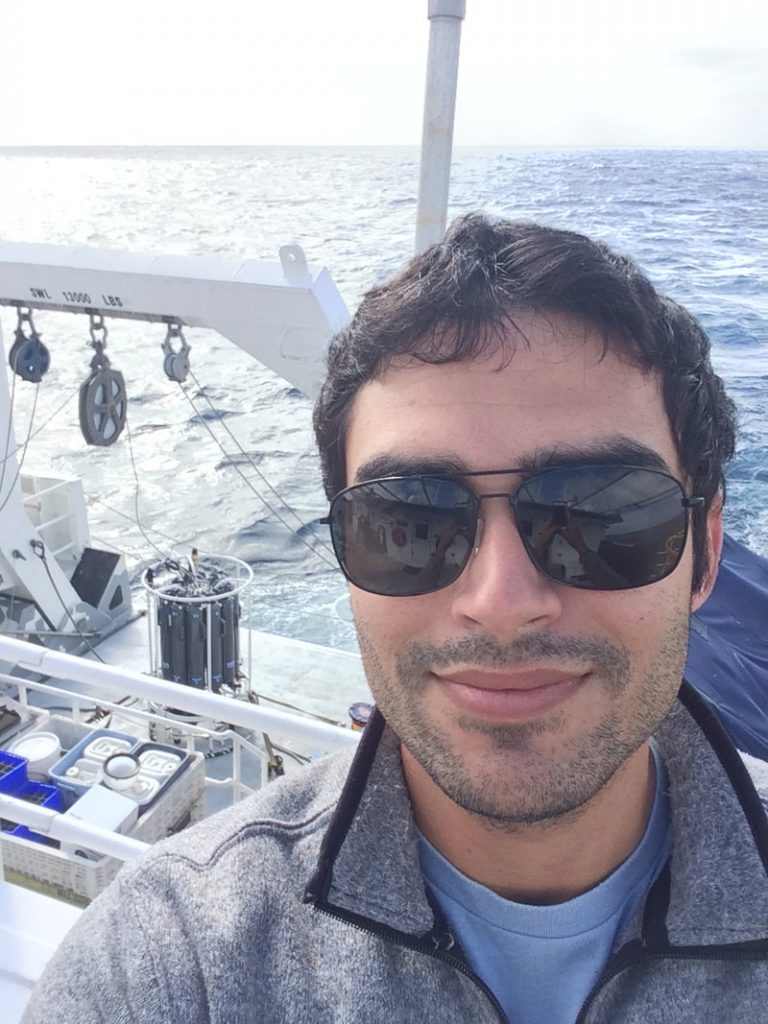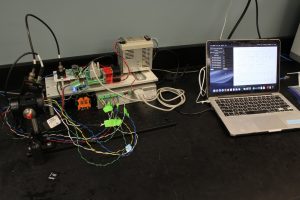
The National Science Foundation has awarded Dr. Kenneth Hoadley a $290,214 grant for his research addressing the health of symbiotic algae living among reef corals.
Hoadley, an assistant professor in The University of Alabama’s Department of Biological Sciences, will use the money for the testing and optimization of a low-cost prototype instrument that will allow researchers and conservation agencies to quickly assess the well-being of the algae, also known as Symbiodiniaceae.
“This project was initially conceived during my Ph.D.,” said Hoadley, a senior marine scientist at the Dauphin Island Sea Lab. “I was interested in using open-source hardware and software platforms to build purpose-built instrumentation that would allow me to better characterize algal health and photosynthesis within reef corals.”
These instruments, called multispectral fluorometers, are commercially available, but most are expensive and are optimized for non-symbiotic algae. This grant will allow Hoadley to build a more cost-efficient and standardized version meant to determine photophysiology within corals.
A rise in sea surface temperatures and high irradiance can disrupt the symbiotic relationship between algae and their coral hosts, causing them to separate and bleach, leaving them completely white. According to the National Oceanic and Atmospheric Administration, bleaching doesn’t necessarily kill corals, but it puts them under more stress and can lead to shorter lifespans. That can lead to the disappearance of reefs, which are vital ecosystems to ocean life.
“Despite our understanding of Symbiodiniaceae genetic diversity and its importance to coral reef health, there is a significant gap in knowledge regarding the functional and physiological variability that exists across species,” said Hoadley. “New instruments could help elucidate functional differences and help us understand why certain species are more resilient to climate change than others.”

Testing for the new instruments will be done in partnership with Mote Marine Laboratory where multiple coral species are actively grown in laboratory conditions. Those labs help support conservation efforts along the Florida Reef Tract. Hoadley said they will also visit commercial coral aquaculture facilities to test the new platform on additional coral species.
The start date for the grant is March 1, 2021, and it will provide two years of funding for one research technician and supplemental funds for a graduate student. It will also support two NSF Research Experiences for Undergraduates, or REU, students to help with data collection and analysis at field sites in Florida.
Hoadley and his team will also create a display showcasing coral reef research and technology at the DISL to help K-12 STEM outreach and education.
The award is Hoadley’s first NSF grant and was made available through the Division of Ocean Sciences-Ocean Technology and Interdisciplinary Coordination Program.
